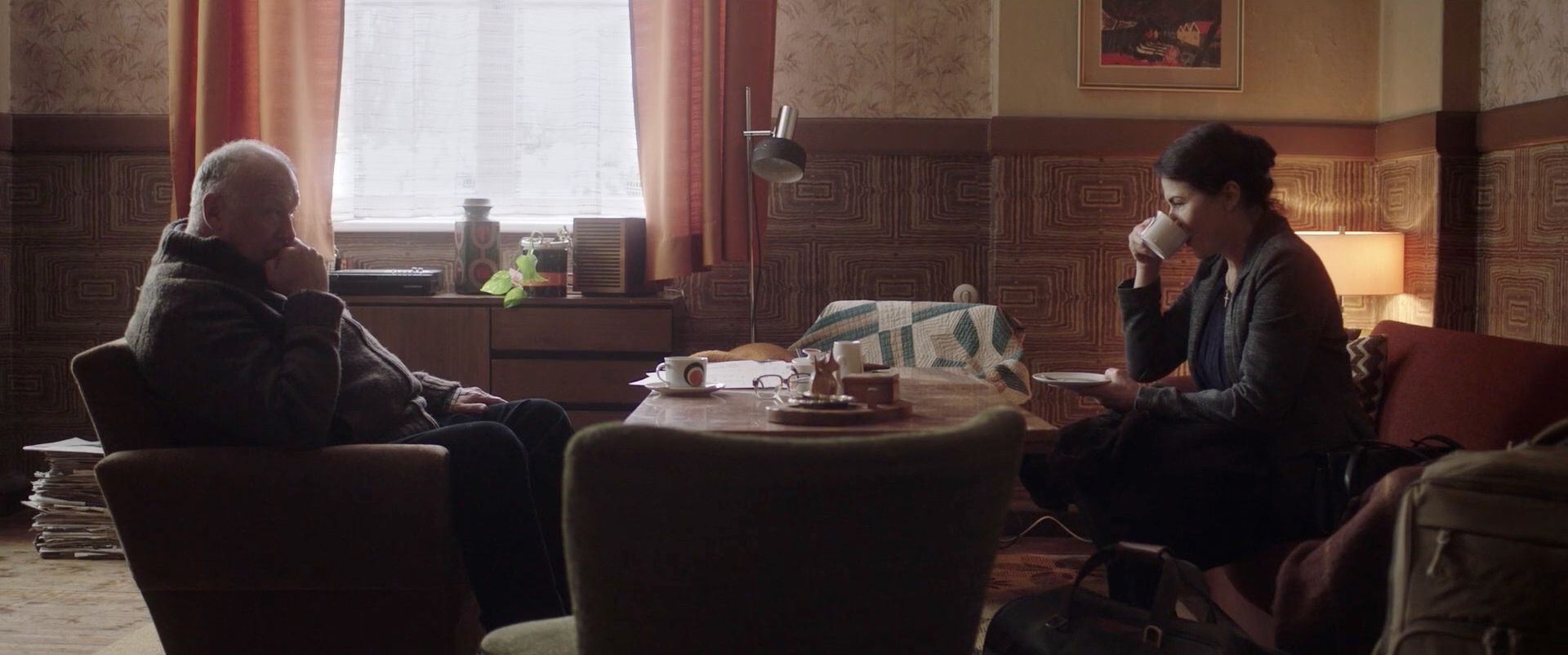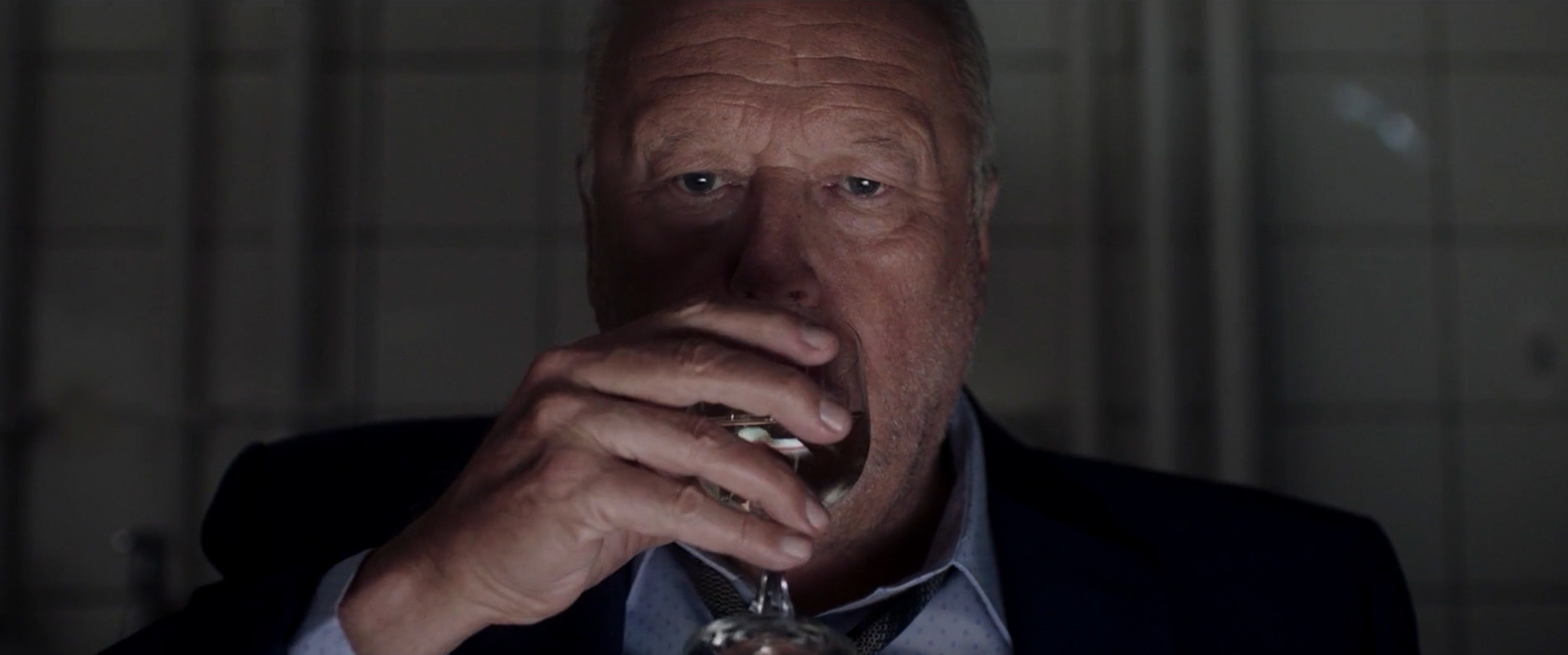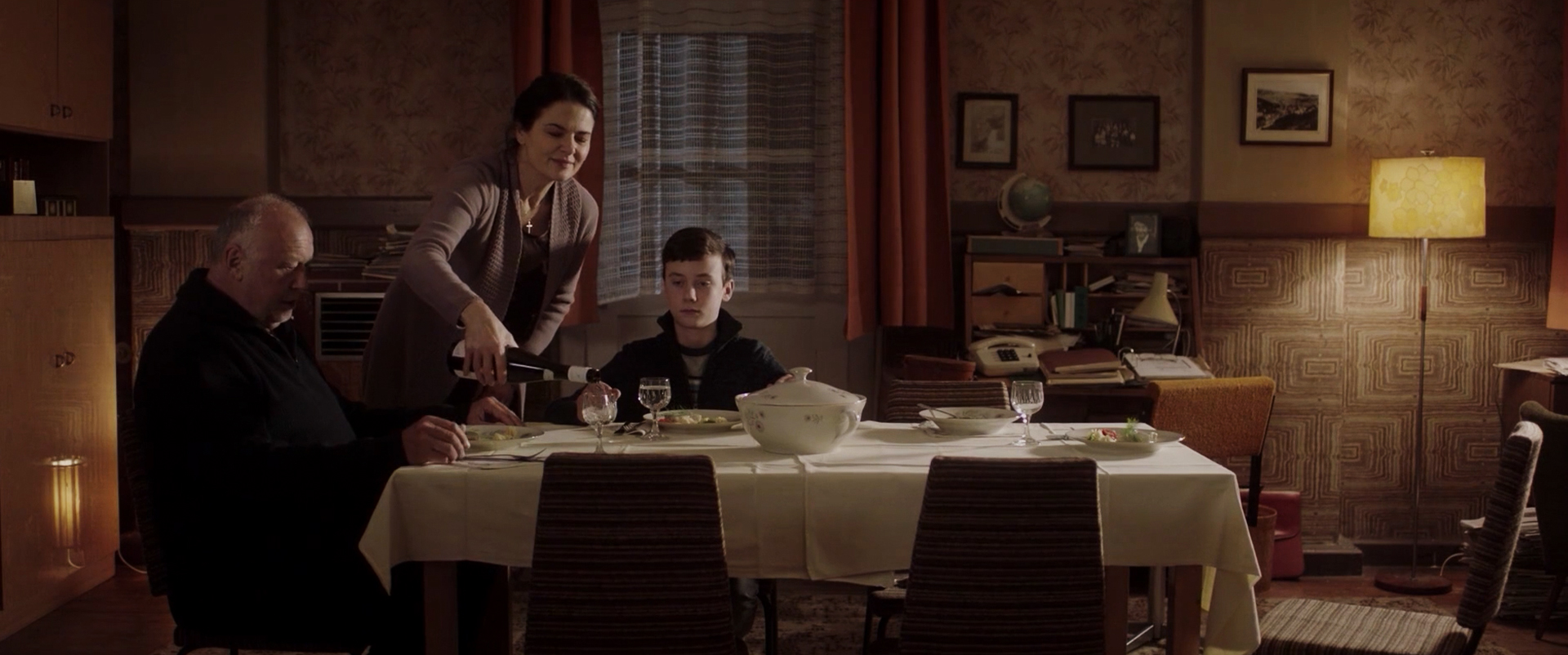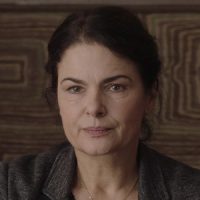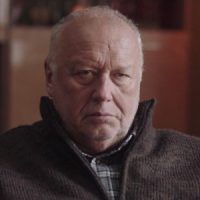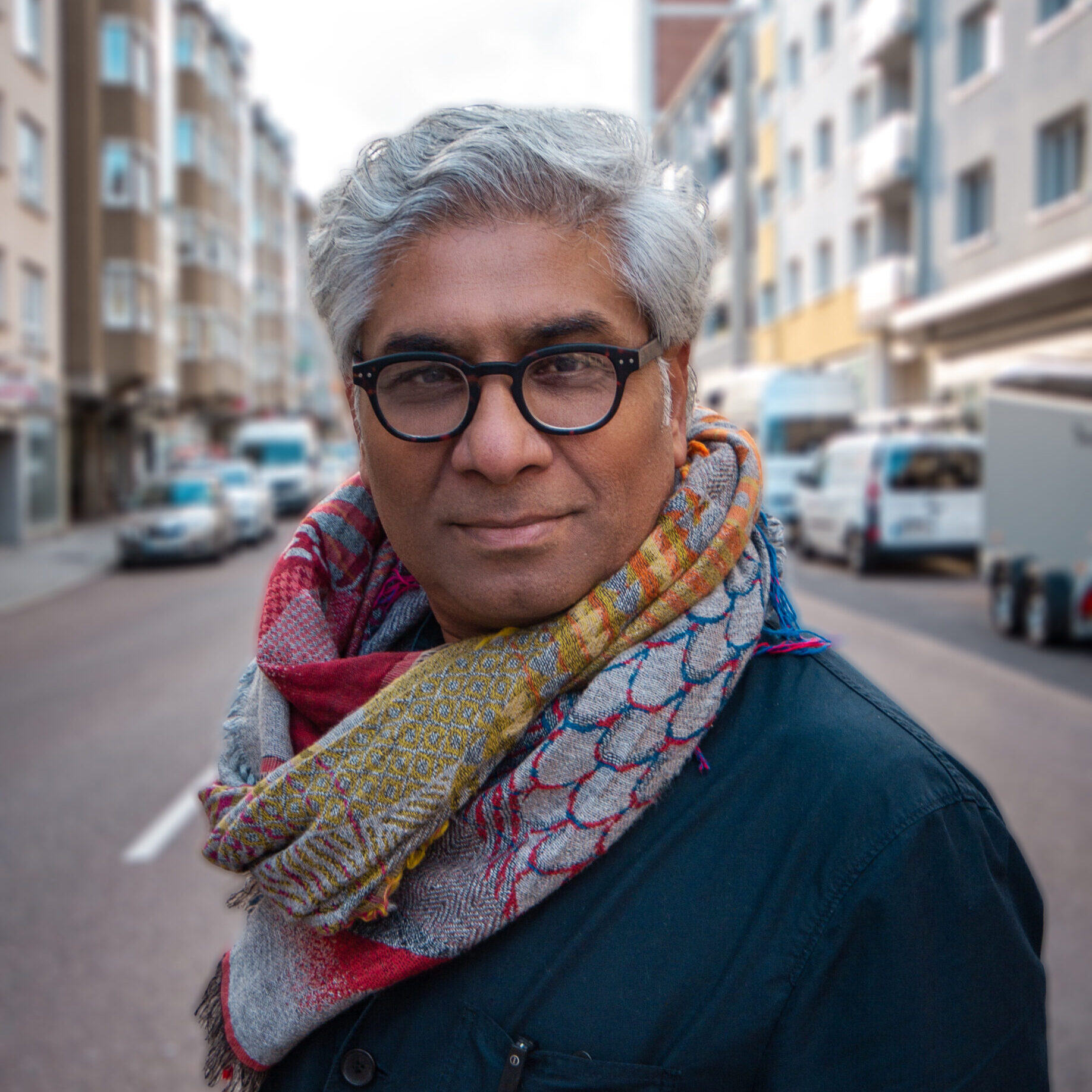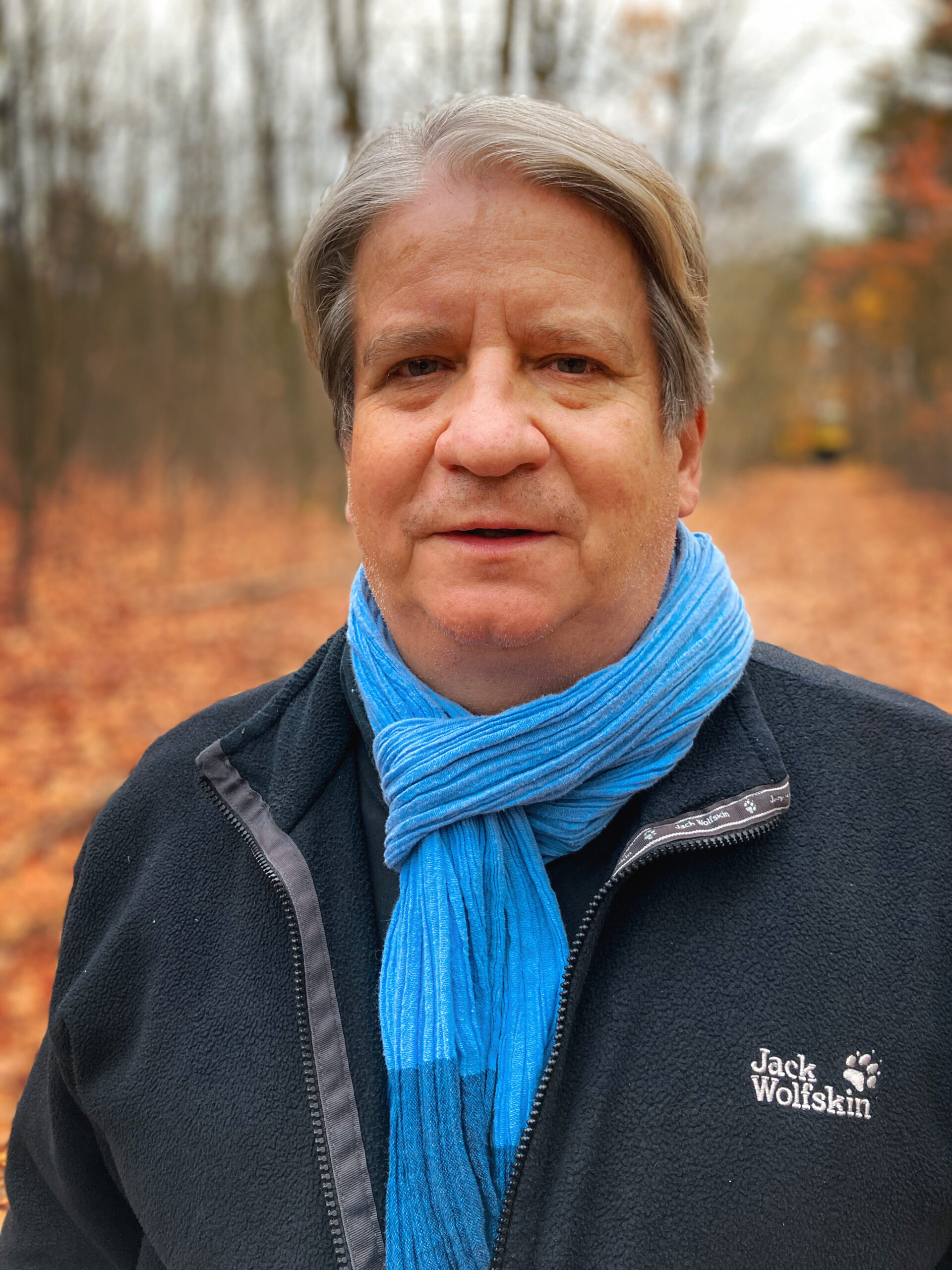IRMA FREIMARS (57) lost everything in the West. Her great love, her drunken father’s wretchedly bad winery – and her faith. With nothing but a pile of debts, she takes the job. Robert is quickly annoyed by Irma’s whimsicality and her penchant for extensive dinners. Her very presence, her otherness, disturbs his unhappiness. He and also his seemingly lost son Vladimir, who is already annoyed by his own name, watch her and her actions very closely. Despite her unusual behavior for them, Irma begins to have an effect on them. Reminiscing about the vanished times, Robert and his old comrades begin to repair the buildings of the liquidated LPG. When Robert’s best friend is killed in a tractor accident, he falls back into his old lethargy and bitterness. Irma has long since made new friends. Beneath the quiet surface of the village, other detached souls are bustling about. With their clear and unorthodox ways, they impress Irma. For the first time in her life, she may have found a place where she wants to stay – in the middle of nowhere!
In the boozy MATHILDE (60), the former bookkeeper of the LPG, she finds a friend who, unlike most of the men in town, has kept her perspective. And Robert also reawakens from his grief and for the first time dives into a world beyond his previous boundaries:
In a nightclub run by German-Polish SVETLANA (38) – who doesn’t like to speak German and is in love with former punk Willi (43), who runs the only pub in town and looks a bit like David Bowie – and weird Poles, Vietnamese and black East Germans, he lets himself drift for the first time since his youth and afterwards has the rush he needs to reveal himself to Irma as he once was. But the ghosts of the past can’t be shaken off so easily….
